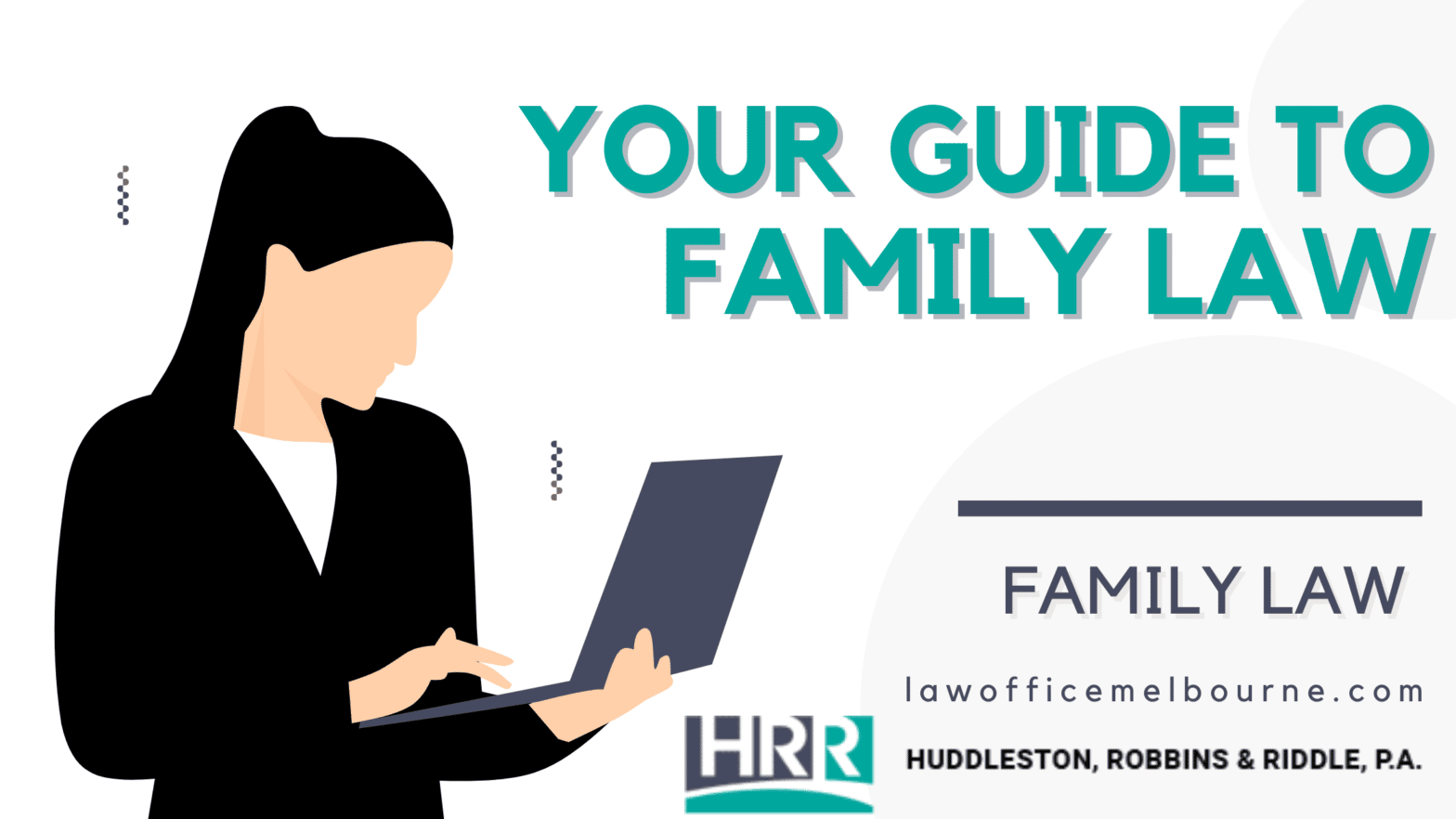Family Law 101

Category: Disability Law
- 25 Aug 2022
- Posted By WebSiteAdmin
Introduction
Family law is the branch of law that governs family relationships, including marriage, divorce, and child custody. This section of our website provides basic information about your rights in a family law dispute.
Divorce
Divorce is a difficult decision for everyone involved. It’s important to remember that divorces are governed by state law, so the process is different in each state. Generally speaking, however, divorce involves the following steps:
- A petition for divorce must be filed with the court and served on your spouse (if he or she lives in another state).
- You will have to wait out a “cooling off” period before you can file your final papers. This gives both parties time to reconsider their decisions and it also allows them time to make sure they have answered all questions correctly when filling out their forms.
- If neither party contests the divorce (that is, if both agree that everything should proceed as planned), then there may not be any court hearings at all—the judge will simply sign off on all documents submitted by your attorney or paralegal on behalf of yourself and your spouse(s). If this happens, then congratulations: Your case has been finalized!
Child custody
In child custody cases, child custody is defined as the legal right to make decisions about a child’s upbringing. It can be sole or joint, and it can be awarded to one or both parents. In addition, it can also be awarded to a third party such as an uncle or grandmother.
For example: John and Mary are divorcing after being married for several years. They have two children together: 10 year-old Emily and 6 year-old Timmy. Though they’ve been getting along fairly well since their separation, they have recently started fighting over what time each of them gets with their kids during the weekdays because Mary wants more time than John does on those days when she works late at her office job in New York City (which happens almost every day).
Parenting plan
If you have children and are no longer married to your spouse, the family court may issue a parenting plan that addresses issues such as custody, visitation and child support.
The family court can also include other issues in the parenting plan such as religion, education and health care.
A parenting plan is subject to change if there are significant changes in circumstances that affect your child’s best interests; for example:
> You move out of state or out of the country;
> The child moves away from home; or
> The child marries or dies
Paternity
Paternity is the biological connection between a child and his or her parents. In most cases, paternity is established at the time of birth. However, if you need to establish paternity after the fact, there are ways to do so.
Paternity can be established through voluntary acknowledgment or court order. A man who wants to be considered a child’s father can sign an affidavit of paternity before or after entering into a marriage with the mother; this affidavit is then filed with vital records indicating that he is legally recognized as such. Courts may also recognize other types of evidence that prove paternity and will issue orders confirming it when necessary (such as if genetic testing confirms who fathered your child). If you believe someone else is wrongfully claiming fatherhood rights over your child or children and wish for them not to have those rights anymore, you can file for a court order terminating their parental rights by challenging their declaration of paternity in a custody case; once this occurs, only parents named on birth certificates are able to make decisions about health care needs for children born out-of-wedlock (unless those decisions were made without consent from both parties before they took place.)
Child support
Child support is a payment made by a parent to a parent, usually the non-custodial parent. It is paid to help with the cost of raising a child. Child support is based on the income of the non-custodial parent and can be modified if circumstances change.
Alimony (spousal support)
- Alimony is financial support paid by one spouse to another during or after a marriage. The purpose of alimony is to allow the recipient spouse to live in the same standard of living that they enjoyed while married.
- Alimony may be permanent, temporary, rehabilitative or reimbursement based on need and ability to pay.
Property division
- Property division is a term that refers to the distribution of property between spouses in a divorce.
- Equitable distribution is a legal doctrine used by courts to determine how marital property should be divided between divorcing spouses.
- Equitable distribution of marital property means that each spouse will receive an equal share of their combined assets.
- Separate property refers to any asset owned by one spouse that was not acquired during the marriage or through the use of marital funds or income (i.e., gifts). For example, if you bought your car before you got married or if your parents gave it to you as a gift, then it would likely be considered separate property because it wasn’t purchased with money from either spouse’s bank account and both were living together when this happened (that doesn’t mean they couldn’t argue about whether or not it was theirs). On the other hand, if they bought their house after getting married—or if they built up equity in their home by paying off their mortgage with marital funds—then any increase in value would probably be considered part of their marital estate rather than separate because they both made contributions toward its purchase price over time (and possibly borrowed money against those assets too).
Prenuptial agreement
A prenuptial agreement is a contract drawn up by you and your future spouse that details how your assets will be divided if the marriage ends. Prenuptial agreements may also cover other issues, such as:
- Who’s responsible for paying off mortgage debt.
- What tax filing status each party will have during the marriage (married vs. single).
- How much alimony, if any, one partner will pay to the other in case of divorce or separation.
Post-divorce modifications of child support, alimony, and parental responsibility
You can ask for a modification if there is a change in circumstances. The court will consider the following:
- Has your ability to pay changed?
- Is the other parent or caretaker not paying support? (The judge will look at who is responsible for paying what, when it was due, and why they haven’t paid it.)
- Has your child’s financial situation changed? (For example, if your child gets a scholarship or has an inheritance.)
You can also ask for a modification if you have a new spouse or partner who makes more than $3,000 per month and lives with you all year round.
Learn about your rights in a family law dispute.
If you’re involved in a family law dispute, know that there are rights and responsibilities for both parties. These are outlined below.
- The right to a fair trial: Family law matters are heard by the courts, who decide how disputes should be settled. You have the right to have your case heard by an independent and impartial court or tribunal, based on the facts of your case (not biased by any other factors).
- The right to legal representation: If you’re involved in a family law dispute, it’s important that you understand what’s at stake—and how much time and money might be required to resolve your case. That’s why we always recommend having qualified legal counsel on hand from day one; whether it’s dealing with custody issues or negotiating child support payments, having someone with training in this area can help ensure that your interests are protected throughout the process.
- The right to privacy: In most cases involving children (or those claiming custody), their parents won’t be able to access sensitive information about their finances or lifestyle choices without written consent from both parties involved first—this applies even if they share custody rights over said child(ren).
Conclusion
Family law is an important branch of the law. It covers a wide range of issues that can affect your family, including divorce and child custody. If you have questions about your rights or need legal representation, contact a skilled family lawyer who can help you.








